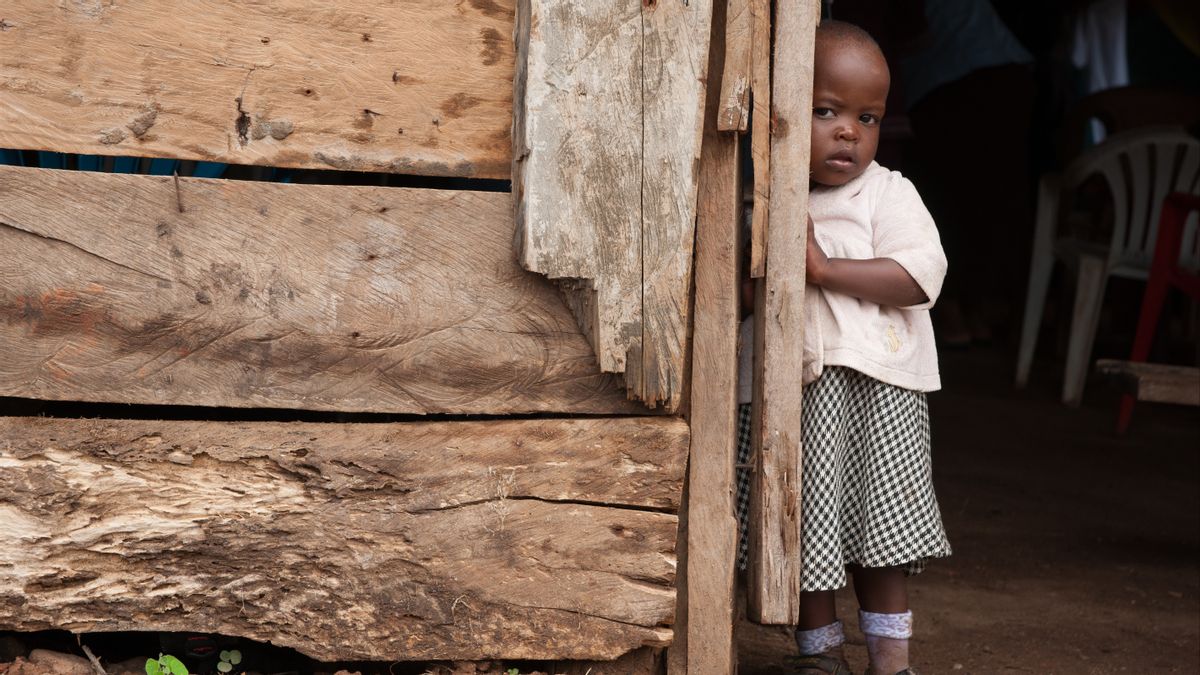JAKARTA - State policies in the world in preventing the spread of the COVID-19 pandemic vary. There are those who decide to close access or lockdown, and there are also those who limit the activities of their citizens to avoid crowds like what happened in Uganda.
Friday, March 20, the Ugandan government, through President Museveni, announced to its citizens the ban on holding large gatherings. Among other things, including weddings, church services and other events for the next 32 days in order to reduce COVID-19.
As reported by CNN, Museveni said, "Prayers will continue, but at home. Religious leaders can use television, radio stations to continue preaching. His Holiness, Pope Francis, as usual, sets a good example by conducting his sermons on television. "
The same thing is suggested for those who want to carry out weddings. However, for Ugandans who cannot delay the wedding, the happy event can continue, as long as no more than ten people are present.
Even though Uganda has not found any positive cases of COVID-19, Museveni also announced the closure of various public facilities, from schools to colleges. Musaveni wants to take preventive measures as early as possible so that COVID-19 does not enter countries in the East African region.
This effort was carried out following the previous policy, namely travel restrictions on Ugandan citizens of the 16 countries with the most cases of COVID-19, including the United States and Britain last week.
"Until now, Uganda has not had any coronavirus cases. But neighboring countries, including Kenya, Tanzania and Rwanda have confirmed cases of the virus last week. Meanwhile, the Democratic Republic of Congo registered coronavirus cases a week earlier," Museveni said.
Even so, the directive was not enforced for several facilities such as banks, hospitals, supermarkets and markets. Others, offices that are still in operation must comply with hygiene and health standards.
In this effort, the Ugandan government has also ordered public transport operators to install hand washing facilities at bus stops, to ensure passengers are kept clean.
"Do not travel unless absolutely necessary, if you use public transportation," concluded Museveni.
The English, Chinese, Japanese, Arabic, and French versions are automatically generated by the AI. So there may still be inaccuracies in translating, please always see Indonesian as our main language. (system supported by DigitalSiber.id)








